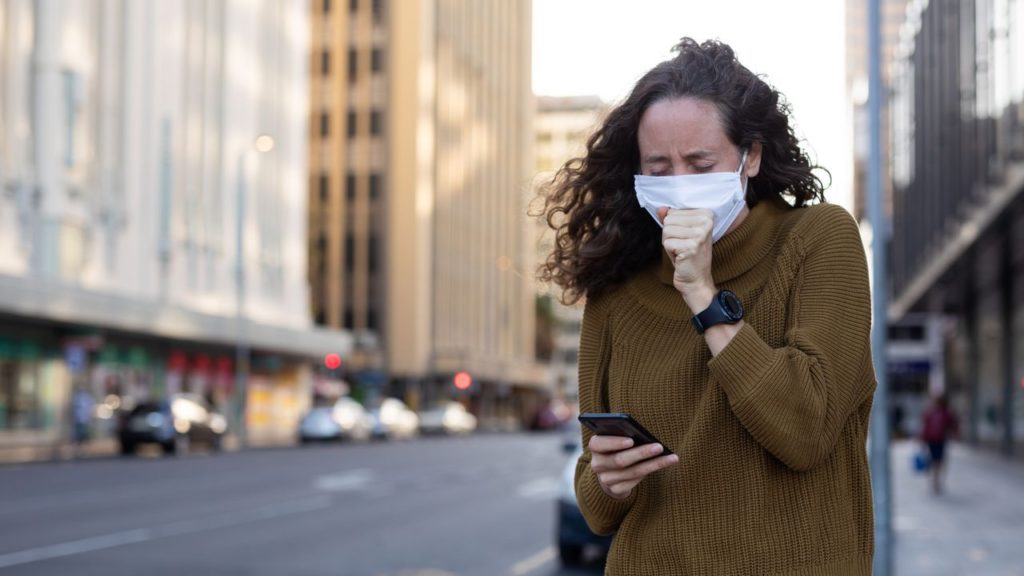American scientists at the Massachusetts Institute of Technology (MIT) are developing a new coronavirus smartphone app which will tell the user whether or not they are infected based on their coughs.
The scientists discovered that everyone who is infected with the virus - even if they show no symptoms - has a very specific cough.
"With our hearing, we cannot recognise what disease someone is suffering from, but a computer can," pulmonologist Lieven Dupont explained on Flemish radio. "It uses software, with artificial intelligence (AI)."
It was originally developed to recognise Alzheimer's disease, but also appears to be able to detect Covid-19. The software is trained to derive four parameters from the sound of someone's voice: the strength of their vocal cords, their state of mind, lung capacity and muscular degradation.
Related News
- Asymptomatic cases' only option is quarantine, former Sciensano official says
- Several European contact tracing apps can now interact with each other
- Coronalert: A majority of app users notify others of positive test result
To train the software, the MIT researchers collected more than 70,000 recordings of forced-coughs, which were sent in by volunteers.
Some 2,500 of those recordings came from people who tested positive for Covid-19, including people with no symptoms. When all the coughs were analysed by the software, it recognised 98.5% of infected people.
The AI model is not meant to diagnose people who are showing symptoms, co-developer Brian Subirana stressed. "The tool’s strength lies in its ability to discern asymptomatic coughs from healthy coughs," he said.
Researchers have found that asymptomatic Covid-19 patients may have distinctive coughs. Indecipherable to the human ear, the differences can be picked up by artificial intelligence. Cellphone-recorded coughs could provide a convenient screening tool. https://t.co/OyHqC2KqNk pic.twitter.com/0kYdEIXQkd
— Massachusetts Institute of Technology (MIT) (@MIT) October 29, 2020
In practice, this means that the app will be useful for people who do not feel sick and are not showing any symptoms, but still want to get tested quickly.
"The software was able to detect all people who had no complaints, but who were still infected with the coronavirus," said Dupont. There is one drawback, according to him, which is that there were 16.8% false positives, people who were considered infected by the software when they were not.
The app is not yet available, but possibly will be in a few months' time. Currently, the researchers are working with a company on a free app that uses their AI technology.
Maïthé Chini
The Brussels Times

